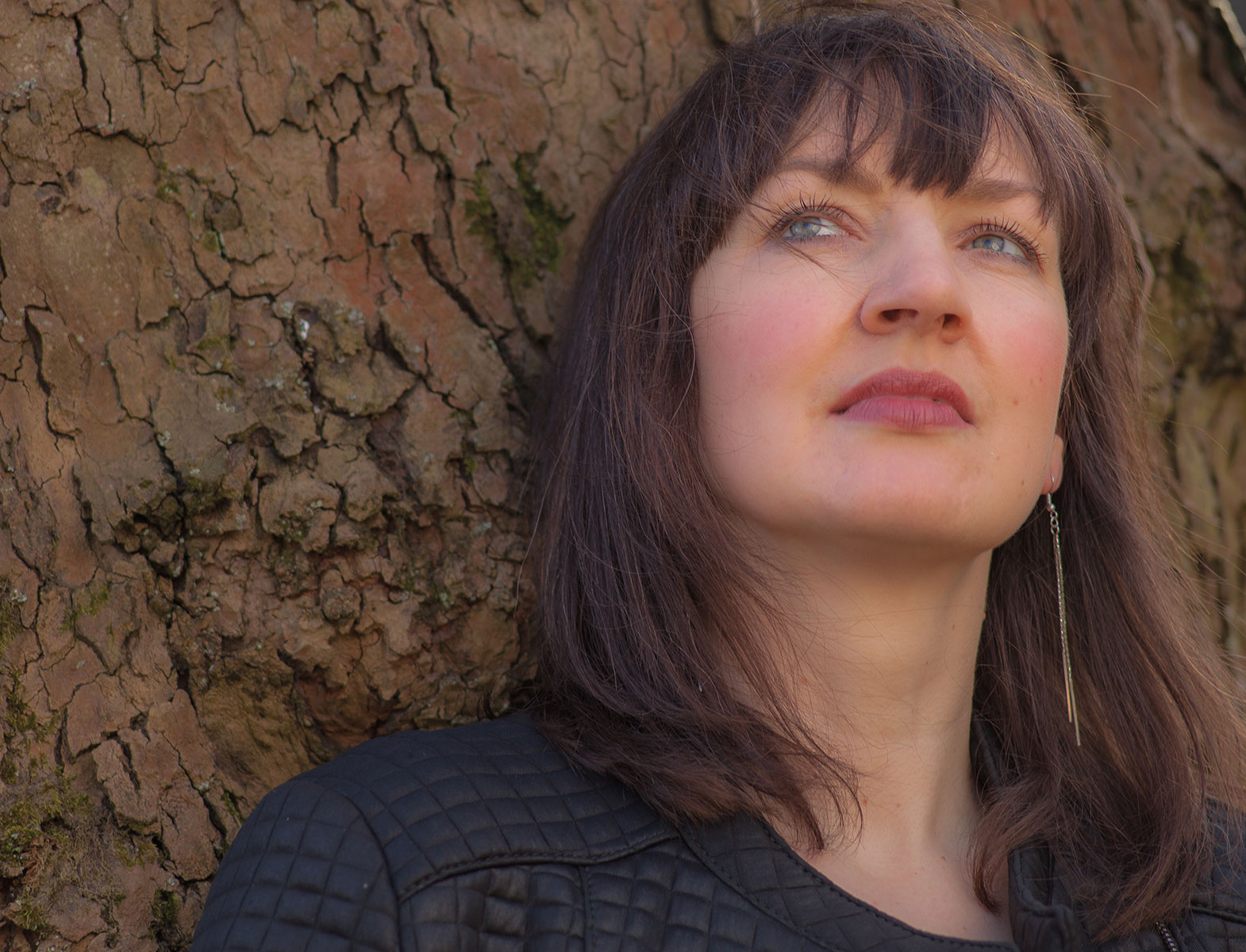Dr. Judith Schildt, you manage the Alexander von Humboldt Foundation’s International Climate Protection Fellowship Program. What does the program involve and what are the Foundation’s aims in running it?
Through the International Climate Protection Fellowships, the Alexander von Humboldt Foundation enables young leaders from research and practice to implement scientific projects with partners in Germany in the fields of climate protection and climate-related resource conservation. As future decision-makers and ambassadors in this area, young leaders exchange knowledge, methods and techniques with hosts in Germany. The program aims to help achieve Agenda 2030 and the Sustainable Development Goals: We support young leaders whose projects contribute to climate change mitigation, adaptation strategies, ecosystem and biodiversity conservation, and the sustainable use of seas and oceans. Sustainability issues related to natural resources, resource-conserving consumption and urban development are also addressed. The fellowship program is funded by the International Climate Initiative of the German Federal Ministry for the Environment, Nature Conservation and Nuclear Safety.
Your fellowship program is international in scope. What role do regions such as Berlin and Brandenburg play in climate protection and climate-related resource conservation?
Successful research is about collaboration. The Alexander von Humboldt Foundation facilitates new and long-term connections and collaborations with experts in Germany. Our fellows are able to choose their own hosts independently. The climate protection fellows regularly become team members at partners in the Berlin and Brandenburg regions, often at one of the universities or non-university institutes affiliated to the Climate Change Center Berlin Brandenburg. The hosts at partners such as Freie Universität Berlin and the Potsdam Institute for Climate Impact Research support the successful implementation of the fellows’ projects and facilitate contacts with further partners and institutions.
The fellowships allow young leaders to gain further climate-related expertise. What long-term effects do you hope this will have?
Germany is taking a leading role on climate and climate-related resource conservation as well as on the challenges that climate change poses for global society. Young international leaders from developing countries and emerging economies who work in science, research, industry and politics are important players in this collaboration. International experts show a great deal of interest in Germany as an attractive location for research and training. We want to meet that interest and support the long-term transfer of knowledge, expertise and technology. The fellows take the knowledge gained in Germany about climate and resource protection back to their countries of origin and apply it to local and regional challenges. They develop strategies and design measures to combat the negative impacts of climate change on the environment and society. This increases the chances of successful international cooperation on climate protection.
The interview was conducted in May 2021.
Picture: Georg Berk


